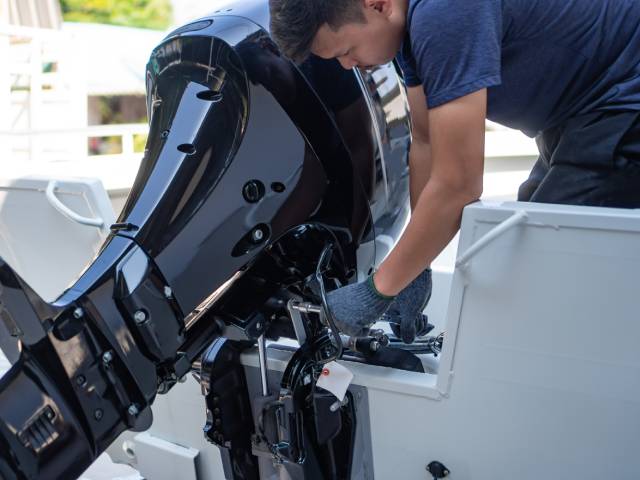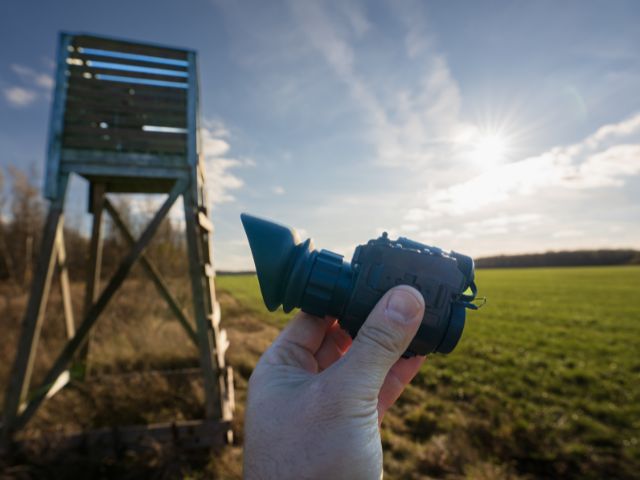
Sterilization plays a crucial role in the healthcare industry, particularly in the development and safety of medical devices. These products help save lives and improve comfort every day, and, as such, we can’t overstate how vital it is to pay attention to the appropriate maintenance practices. Ensuring that medical instruments are free from pathogens helps maintain patient safety, industry standards, and the evolution of future medical technology. Explore the importance of medical device sterilization and discover three primary reasons why you should never pass up a chance to improve your own product’s sterilization process.
First, sterilizing medical devices helps mitigate the risk of transmitting diseases between patients. Many illnesses can spread through bacteria, viruses, parasites, or fungi that remain on inadequately cleaned medical instruments. In fact, the most devastating diseases can be some of the hardest to remove from medical instruments. By upholding industry-standard sterilization practices, healthcare professionals can ensure that their medical tools are not only clean, but also free from harmful pathogens. This, in turn, decreases the chances of cross-contamination and infection, maximizing the number of successfully treated and happy patients in your practice.
Adhering to sterilization protocols is also essential for maintaining compliance with industry safety standards. These guidelines, developed by regional government organizations, ensure that healthcare professionals follow proper practices to maintain patient safety. By implementing comprehensive sterilization practices, healthcare providers can remain compliant with these guidelines, protect patients, and ensure the highest level of care.
The similar processes of medical device cleaning validation and sterilization validation ensure that all tools, both reusable and single-use, meet or exceed the required safety standards. Doing so verifies that medical devices are clean, sterile, and safe for use, eliminating the risk of causing unnecessary harm to patients and preserving the integrity of the medical profession.
The importance of medical device sterilization is especially clear when you consider what it means for future product development. Proper sterilization processes pave the way for the ongoing advancement of medical devices. As the need for cost-effective and environmentally friendly tools in the medical field grows, so does the value of reusable items. By using effective sterilization practices, healthcare facilities can contribute to the reduction of medical waste and promote the development of more sustainable tools and technologies.
Moreover, as new sterilization techniques evolve and become more accessible, healthcare professionals can more confidently adopt reusable medical devices. Accordingly, these methods contribute to a greater emphasis on product design, material selection, and overall innovation in the field of medical science.
Sterilization is not just a vital aspect of maintaining patient safety but also a driving force behind the development and sustainability of the medical device industry. By reducing the risk of disease transmission, complying with safety guidelines, and promoting the advancement of reusable medical products, sterilization ensures that healthcare professionals remain equipped to provide the best possible care to their patients.
24World Media does not take any responsibility of the information you see on this page. The content this page contains is from independent third-party content provider. If you have any concerns regarding the content, please free to write us here: contact@24worldmedia.com
Latest Posts

Why Stainless Steel Products Are Used in the Medical Field

How Industrial Facilities Can Reduce Energy Consumption

5 Mistakes That Supplement Companies Should Avoid

How To Extend the Life of Your Concrete Floors

4 Tips To Help Your Employees Be More Productive

The Threats Beehives Face When Improperly Moved

Building Up: The Daily Life of an Ironworker

Interesting Facts About Prefab Home Construction

Boat Battery Maintenance Tips and Tricks

Important Tips for Pursuing a Career in the Logging Industry

4 Mistakes To Avoid in Hazardous Materials Storage

The Benefits of Night Vision When Hunting